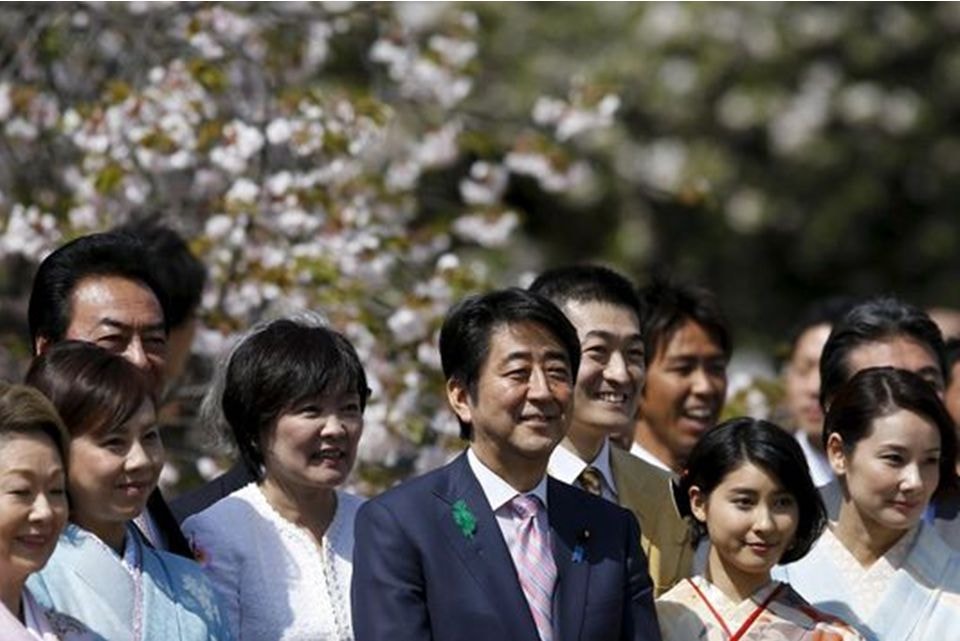Japan achieved a trade surplus for the first time in three years.
(Baonghean) - On Wednesday, April 22, the Japanese Ministry of Finance announced that the country's economy showed signs of improvement in March. This is the first time since 2012 that the Japanese economy has achieved a positive trade balance thanks to the sharp drop in oil prices as well as the strong export promotion.
(Baonghean) - On Wednesday, April 22, the Japanese Ministry of Finance announced that the country's economy showed signs of improvement in March. This is the first time since 2012 that the Japanese economy has achieved a positive trade balance thanks to the sharp drop in oil prices as well as the strong export promotion.
In March, a sharp drop in global oil prices saw payments for oil and petroleum products fall by 51 percent and 38 percent, respectively. Liquid natural gas bills also fell by 12 percent. Imports fell 14.5 percent in value during the period. Meanwhile, exports rose 8.5 percent to 6,927 billion yen, driven by shipments of machinery, semiconductors and cars.
 |
| Japanese Prime Minister Shinzo Abe on April 18 in Tokyo. Photo: Reuters |
In addition, the export industry also benefited from the weakening yen. Revenues from overseas exports were increased after converting from foreign currencies to yen. The Japanese Ministry of Finance said that the trade surplus in March reached 228 billion yen (equivalent to more than 1.9 billion USD). This figure was really an unexpected result for economists. It is known that previously, economists predicted the trade surplus to be only 45 billion yen.
The first trade surplus in three years is good news for Prime Minister Shinzo Abe and Bank of Japan Governor Haruhiko Kuroda. Over the past two years, both Abe and Kuroda have repeatedly tried to tackle inflation and revive Japan's ailing economy, but have been unsuccessful.
Still reeling from the 2008 financial crisis, Japan's economy has been particularly fragile, especially after the Fukushima disaster in 2011. The Fukushima disaster forced the Japanese government to shut down all nuclear power reactors across the country. This decision has forced Japan to increase spending on carbon-based fuels to power its thermal power plants. And with a trade surplus for the first time since 2012, economists hope the Japanese economy will soon escape recession.
Chu Thanh(According to Le Monde April 22)






